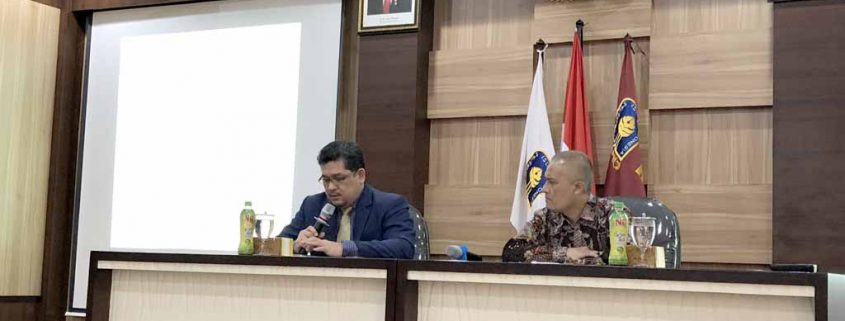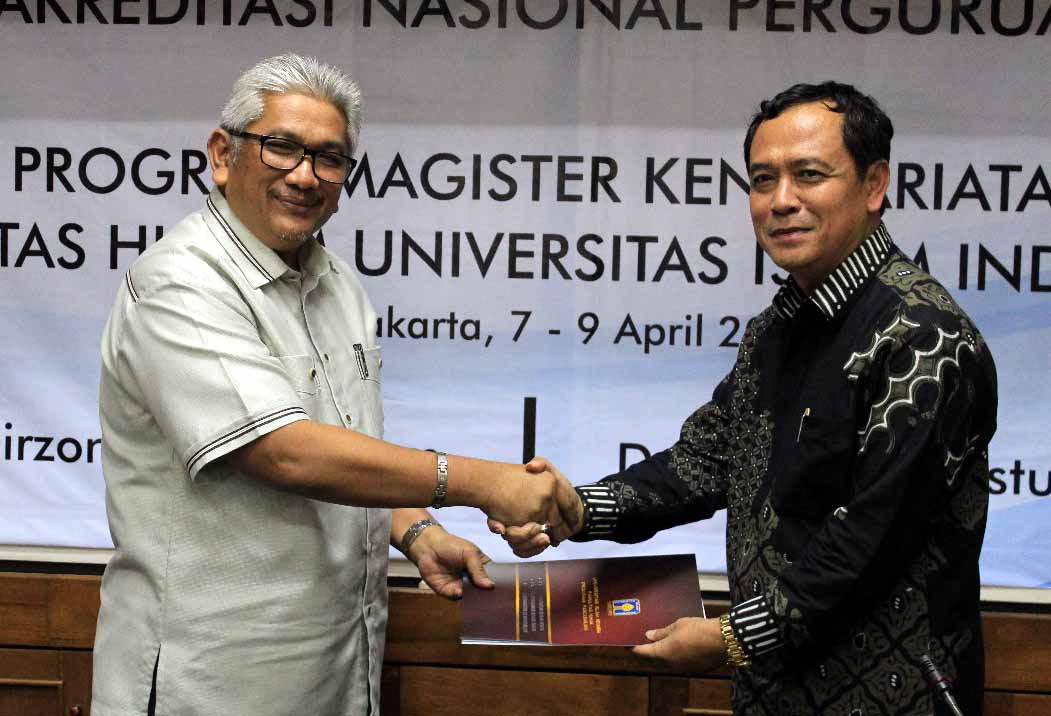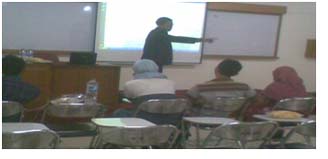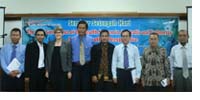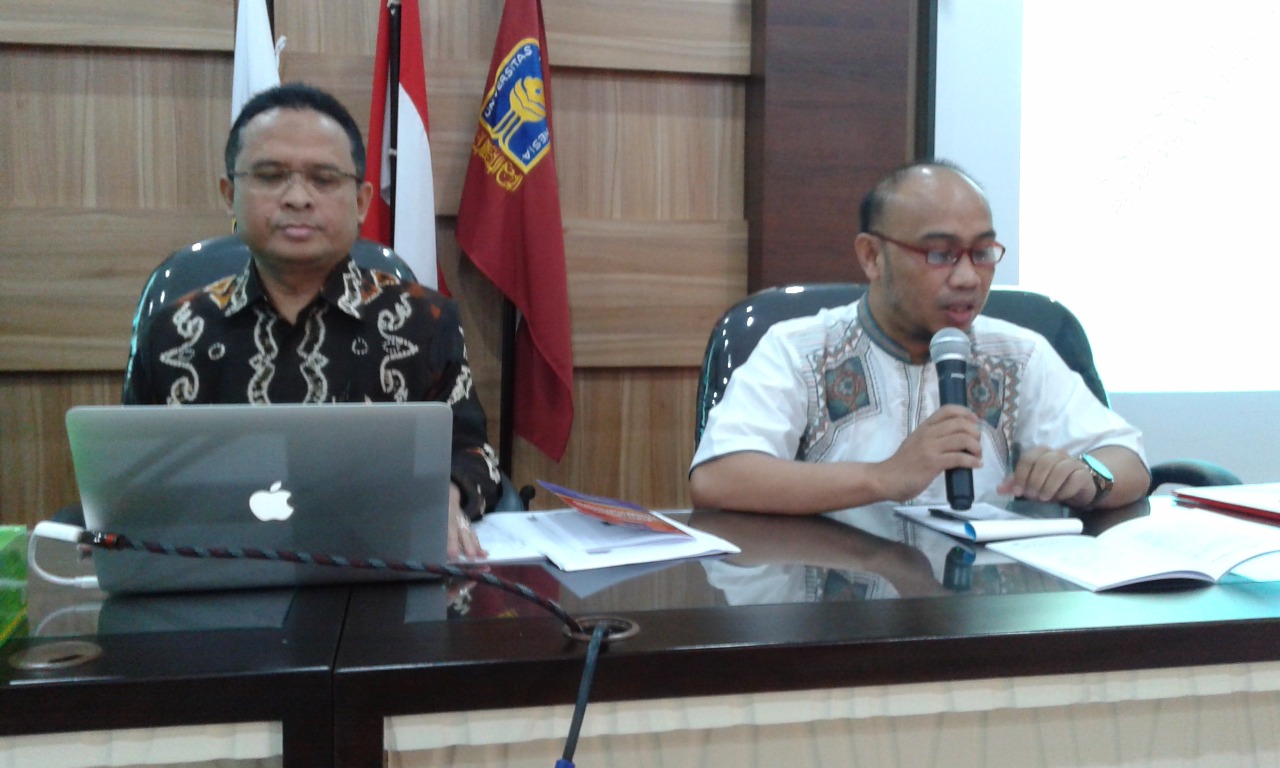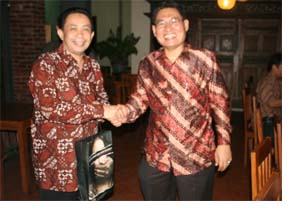Studium General: Legal Pluralism In Malaysia
Studium General: Legal Pluralism In Malaysia
Indonesia and Malaysia is commonly known for their diversity of ethnics, race and religions. Both countries have similarity in the majority of people’s religion, which is Islam. Nevertheless, both countries are able to maintain their diversity. Indonesia and Malaysia are not only home to the Muslim people but also comprises of other religion which comes from different ethnics.
In Malaysia, Islam is the religion of the state, although other religions may be practiced in peace and harmony. Having inherited the English common law tradition at its independence in 1957, Malaysia is neither a secular state nor an Islamic theocracy. As a matter of fact, the Malaysian Constitution has brought Islamic law under the legislative powers of the federal States. Historical developments have thus led to the existence of two sets of law, common law and sharia law. Legal pluralism in Malaysia applies foremost to personal status, but also to some aspects of criminal law. The sharia as well as legal pluralism seem to question the rule of law in Malaysia
In this occasion, Faculty of Law, Universitas Islam Indonesia conducted studium generale with the title “Legal Pluralism in Malaysia”. The studium generale was successfully held on march 15th 2018 and invited Professor Farid Sufian bin Shuaib as the speaker from International Islamic University of Malaysia and Drs. Agus triyanta M.A.,M.H.,Ph.D. as the moderator. The studium generale was organized by International Program, Faculty of Law, Universitas islam Indonesia.
“Legal pluralism refers to a situation where laws are not administered only by official institutions, the other of legal pluralism refers to a situation where the state recognised and provided different laws for different groups in society”, Prof farid said.
The judicial system in Malaysia comprises of three different courts; civil court, syariah court and native court. Furthermore, in Malaysia the administration of the Muslim population comprises of four different institutions. Nevertheless, the area of law and jurisdiction generally is clear for Muslims and Non-Muslims. However, change of status while in a relationship is a bit of a problematics.
The participants engaged enthusiastically during the event. There are several questions proposed by the participants preceding the stadium generale. One of which was, how the legal pluralism in Malaysia affects the government policy, asked by a student named Maulana. Prof. Farid answered comprehensively on this matter stating that the legal pluralism weighs very much on the consideration of public policy in Malaysia.
At the end, Professor Farid concluded that the legal system is still stable but it is interesting to analyse the solutions to certain unresolved issues regarding the influence of legal pluralism towards other different sectors in Malaysia.

